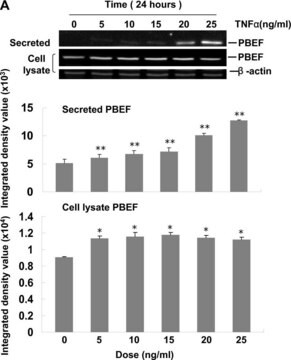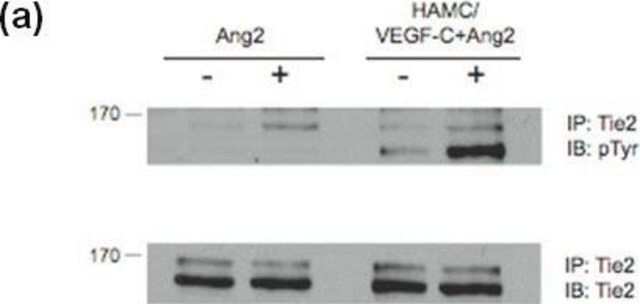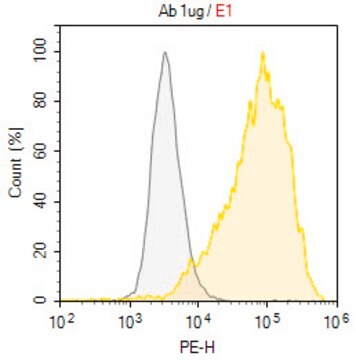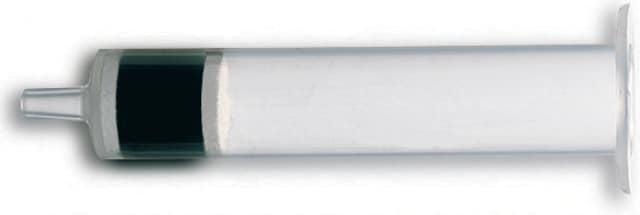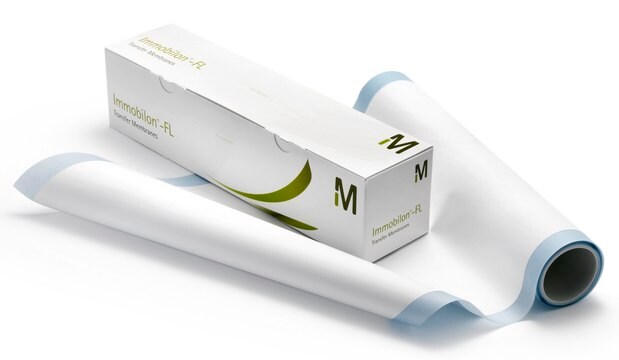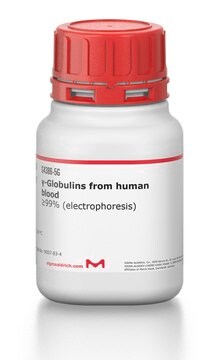H9537
Anti-HMG-1 antibody, Mouse monoclonal
clone HAP46.5, purified from hybridoma cell culture
Sinónimos:
Anti-Amphoterin, Anti-HMGB1, Anti-High-Mobility-Group protein
About This Item
Productos recomendados
biological source
mouse
Quality Level
conjugate
unconjugated
antibody form
purified immunoglobulin
antibody product type
primary antibodies
clone
HAP46.5, monoclonal
form
buffered aqueous solution
mol wt
antigen ~25 kDa
species reactivity
canine, mouse, rat, chicken, human
technique(s)
indirect ELISA: suitable
microarray: suitable
western blot: 0.5-1 μg/mL using total cell extract of human MCF7 breast carcinoma cells
isotype
IgG1
UniProt accession no.
shipped in
dry ice
storage temp.
−20°C
target post-translational modification
unmodified
Gene Information
human ... HMGB1(3146)
mouse ... Hmgb1(15289)
rat ... Hmgb1(25459)
General description
Immunogen
Application
Biochem/physiol Actions
Suitability
Physical form
Disclaimer
¿No encuentra el producto adecuado?
Pruebe nuestro Herramienta de selección de productos.
Optional
Storage Class
10 - Combustible liquids
wgk_germany
nwg
flash_point_f
Not applicable
flash_point_c
Not applicable
ppe
Eyeshields, Gloves, multi-purpose combination respirator cartridge (US)
Elija entre una de las versiones más recientes:
¿Ya tiene este producto?
Encuentre la documentación para los productos que ha comprado recientemente en la Biblioteca de documentos.
Nuestro equipo de científicos tiene experiencia en todas las áreas de investigación: Ciencias de la vida, Ciencia de los materiales, Síntesis química, Cromatografía, Analítica y muchas otras.
Póngase en contacto con el Servicio técnico